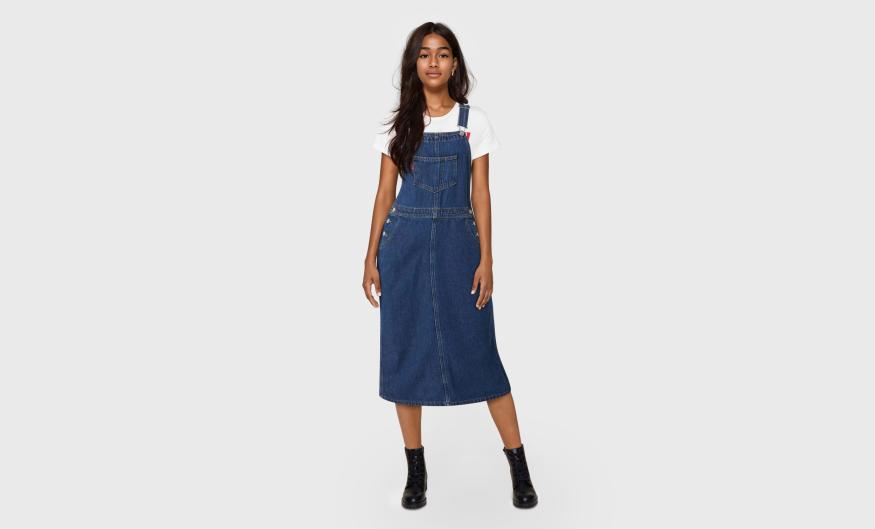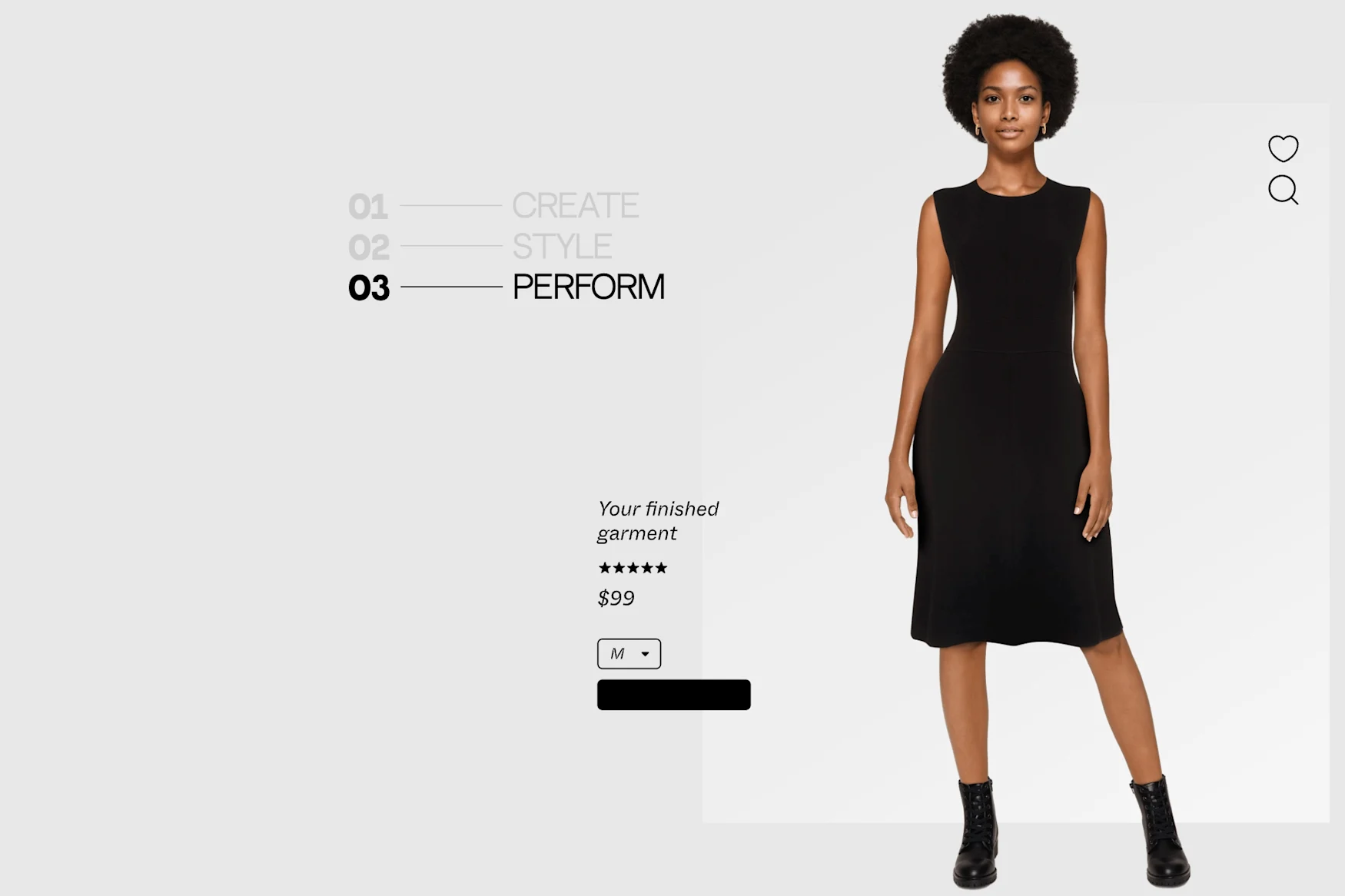Levi’s Begin Replacing Models With AI-Generated Fakes
Although the company frames this move as being more about diversity and sustainability. [Original Article by Will Shanklin | March 24 | click here]


Levi's / Lalaland.ai
Levi's has partnered with an AI company, Lalaland.ai, to create computer-generated fashion models that they say will "supplement human models" and increase the diversity of their product models in a sustainable way. Lalaland.ai aims to create hyper-realistic digital models of every body type, age, size, and skin tone to give customers a better idea of how fashion items would look on them.
Levi’s announcement echoes that branding, saying the partnership is about “increasing the number and diversity of our models for our products in a sustainable way.” The company continues, “We see fashion and technology as both an art and a science, and we’re thrilled to be partnering with Lalaland.ai, a company with such high-quality technology that can help us continue on our journey for a more diverse and inclusive customer experience.”

Lalaland.ai
While Levi's claims that AI-generated models will not replace human models, the move has been criticized as a dystopian step toward automating the fashion industry. While the partnership is touted as a step toward diversity, equity, inclusion, and sustainability, critics argue that it is primarily a cost-cutting measure that allows corporations to mass-produce something that previously required hiring people. As AI technology becomes increasingly convincing in fields such as photography, art, and writing, we need to be cautious about taking companies at face value when they claim that initiatives like this are motivated by principles like diversity and environmentalism.
